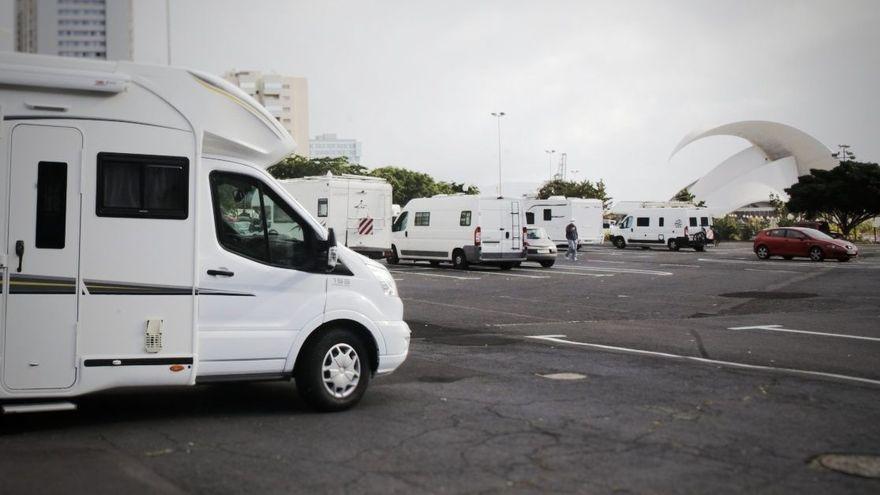
The Town Hall of Tenerife find land to create camping areas and caravans. The Corporation is preparing an ordinance to regulate and provide the island with camping and caravan areaswith the aim of enabling the leisure of the many users who demand this activity in conditions of quality, accessibility and safety.
The President of the Council, Peter Martinindicates in a statement that the objective is to establish “common criteria” for the entire island and that “alternatives are being sought for an increasing number of users and caravan users, and establish places to carry out the activity, but not of any way, but they can be spaces that have the necessary services and have the comfort and cleanliness they require”.
Pedro Martín adds that for this “we are working on locating possible sites with the municipalities so that the Cabildo can acquire land and adapt spaces that satisfy the demand of the local population and visitors”.
“In short, it is about regulating the activity, offering spaces where camping can be done or where the population can take caravans, and respond both from the Cabildo, and from the municipalities, to the growing demand in this sector,” he adds. .
The island’s director of Territorial Planning and Historical Heritage, Emilio Fariña, points out, for his part, that “we want the activity to be carried out in a regulated, sustainable and respectful manner with the coastal areas of the island, which is where this activity is mostly carried out. activity, as well as in natural spaces”.
The Canary Islands are currently the only autonomous community that lacks specific sectoral regulations that order this activity.
“From the Cabildo these works have been promoted and prioritized to offer an insular regulatory framework, which allows the enjoyment of the activity in a controlled and sustainable manner in our territory, which also responds to the needs of the sector and serves as a guide for the municipalities to implement quality services and a competitive offer,” adds Fariña.
The insular director of Territory Planning abounds that “through this planning instrument we also want to avoid negative impacts on the territory and put a stop to the irregular and uncontrolled exercise of this activity”.
Fariña explains that in recent months he has held work meetings with the different camper associations, “to explain the content and objectives of the ordinance and collect their demands, focused especially on the need to have adapted and accessible spaces, as well as facilities for the evacuation of waste, and we are also coordinating meetings with the municipalities to locate suitable areas in their territories for parking and overnight stays for caravans, as well as waste evacuation points”.
The island government wants to approve a consensual and technically and legally rigorous instrument.
“In this line, we continue working from the area of Territory Planning and strategic projects, from which we will continue to hold regular coordination meetings, to make decisions and continue advancing on the document until its final approval”, advances the insular responsible for which “the regulation of the sector is necessary and will respond to the demands of the different municipalities of the island, associations and the citizens themselves”.
















